Sportsmen and women celebrate permanent authorization of LWCF and investments in public lands, wildlife habitat, and the outdoor recreation economy
The U.S. House of Representatives has passed S. 47, a historic package of legislation including permanent reauthorization for the Land and Water Conservation Fund, in a major milestone for public lands access, habitat conservation, and the outdoor recreation economy. The legislation now heads to the president’s desk.
“This vote marks a turning point for public lands in America, as our elected officials have shown their support for LWCF’s enduring legacy,” says Whit Fosburgh, president and CEO of the Theodore Roosevelt Conservation Partnership. “We no longer need to worry about kicking the can down the road as our best tool for unlocking inaccessible public lands remains in limbo. House lawmakers should be congratulated on seizing this bipartisan momentum for conservation, and Congress should continue to pursue full funding for LWCF as a next step. We look forward to working with public land agencies to unleash the many benefits of this legislation in support of the outdoor recreation economy.”
Comprised of more than 100 locally and regionally specific public lands bills, the package contains defining wins for sportsmen and women. Aside from providing long term certainty for LWCF, one of the most popular public lands programs of the past 50 years, the legislation also requires that 3 percent of LWCF funding be used to unlock isolated and inaccessible public lands. TRCP’s recent study with onX showed that 9.52 million acres of public lands in the West are landlocked by private lands, with no permanent legal access.
The legislation would also reauthorize the Neotropical Migratory Bird Conservation Act, a conservation grant program in which dollars are typically matched three times over at the local level to benefit waterfowl and wetlands. Another provision would reauthorize the Partners for Fish and Wildlife Program, a critical initiative to assist private landowners who want to voluntarily restore habitat on their lands.
More than 40 hunting, fishing, and conservation organizations signed a letter to House leadership last week urging lawmakers to prioritize and pass this important legislation. And thousands of individual sportsmen and women signed TRCP’s action alert triggering e-mail messages to their elected representatives.
These voices from across the hunting and fishing community are celebrating today’s vote:
“We’re one step closer to ensuring that our nation’s proud legacy of protecting our public lands and waters becomes permanent,” says Ben Bulis, president of the American Fly Fishing Trade Association. “Our industry is grateful for the bipartisan leadership in both the House and Senate and their determined, vital commitment to ensuring that this uniquely American hallmark will benefit each and every one of us for generations to come.”
“For too long, LWCF has been stuck in a cycle of uncertainty that limited its potential. Today’s vote changes that. This is an extraordinary victory for conservation in the United States,” says Mark R. Tercek, CEO of The Nature Conservancy. “As one of the country’s most effective conservation programs, LWCF has helped protect national parks, expand trails and playing fields, and preserve important landscapes for over half a century. By using the revenues from offshore oil and gas drilling, LWCF invests in lands and waters at no cost to the American taxpayer, so it should be no surprise that a strong majority wants to continue this win-win for people and conservation. Regardless of party, nature unites us all. Ultimately, LWCF is about preserving the best of America by protecting our lands and waters, our wildlife and ways of life. The overwhelmingly bipartisan votes in the House and Senate to renew LWCF reflect our nation’s longstanding commitment to conservation, ensuring future generations will benefit from LWCF. We are grateful for LWCF’s champions in the House and Senate, all of whom have worked hard to achieve permanent reauthorization, and we look forward to the president signing this measure into law.”
“Today we celebrate a victory for our public lands and waters—one that never would have happened without the hard work and commitment of hunters and anglers and without the willingness of our elected officials to heed the will of the people,” says Land Tawney, president and CEO of Backcountry Hunters and Anglers. “We look forward to President Trump signing this critical package of bills into law.”
“By permanently reauthorizing the Land and Water Conservation Fund, Congress has recognized what sportsmen and other outdoor enthusiasts have always known: LWCF is America’s most proven method for putting public lands conservation on the ground and facilitating access to outdoor recreation,” says Jared Mott, conservation director for the Izaak Walton League of America. “We look forward to President Trump quickly signing this important legislation and permanently protecting Americans’ access to their public lands and opportunities for outdoor recreation.”
“The House’s approval of the National Resources Management Act – following the Senate’s overwhelming vote earlier this month – is the latest reminder that conserving our public lands and waterways is an issue that unites us,” says Thom Dammrich, president of the National Marine Manufacturers Association. “We thank Representative Raúl Grijalva, Representative Rob Bishop, and House leadership for swiftly picking up the baton and passing this important legislation, and we now call on President Trump to promptly sign the bill into law.”
“Public lands bring Americans together, and that’s why Republicans and Democrats in the House voted overwhelmingly today for a bill that ensures the Land and Water Conservation Fund will be around for our kids and grandkids,” says Diane Regas, president and CEO of The Trust for Public Land. “Today’s historic vote, following a 92-8 vote in the Senate, means that more people can have access to hiking trails, city parks and wild landscapes. Americans expect their public officials to work together, and today’s vote to give more people access to public lands is something we can all celebrate.”
“We know there is a lot going on across the country right now, but everyone should pause for a few moments and take in what is happening with our nation’s public lands,” says Patricia Rojas-Ungar, vice president of government affairs for the Outdoor Industry Association. “We are set to preserve nearly a million acres of land for protection and outdoor recreation, permanently reauthorize the Land and Water Conservation Fund, and help our young people enjoy the outdoors more, among many other things—changing the trajectory of public land protection and advocacy for the next generation for the better. We are thankful for the tireless hours many key senators and representatives, public lands advocates, and American citizens put in to get this across the finish line. And, while it certainly is not solely responsible for all of the support and ‘yes’ votes, OIA’s work over the years to quantify the contribution of the outdoor recreation economy—$887 billion per year and over 7.6 million jobs—had a helping hand in bridging some of the partisan divide in Washington and getting this once-in-a-decade public lands package done.”
Top photo by USFWS Midwest Region.

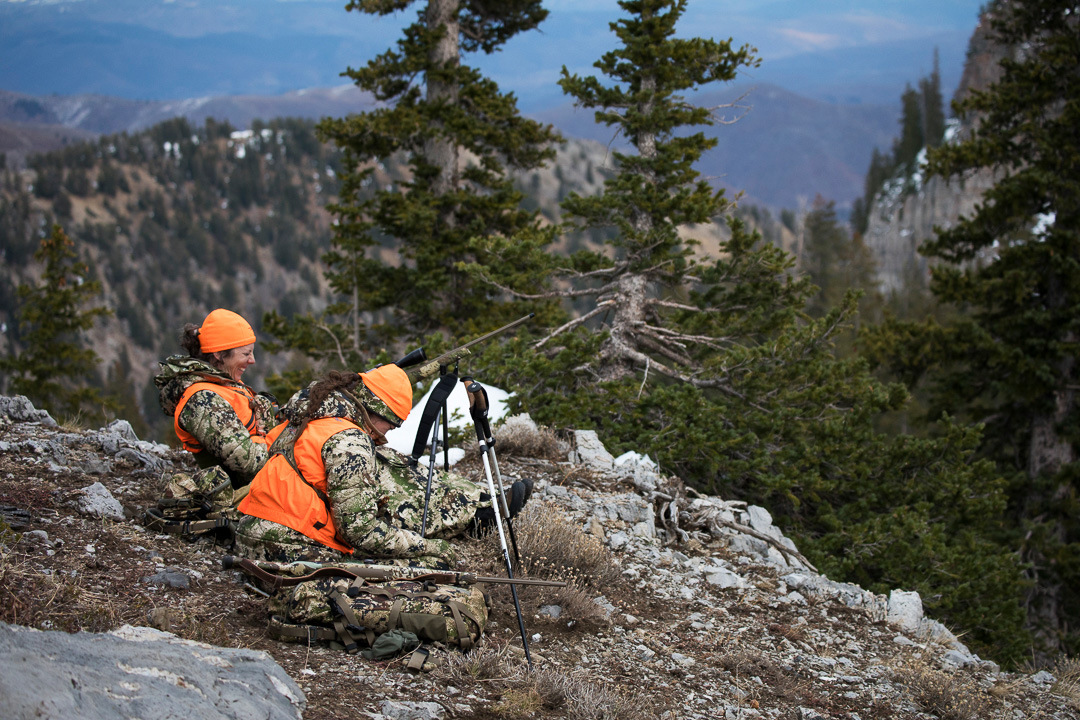
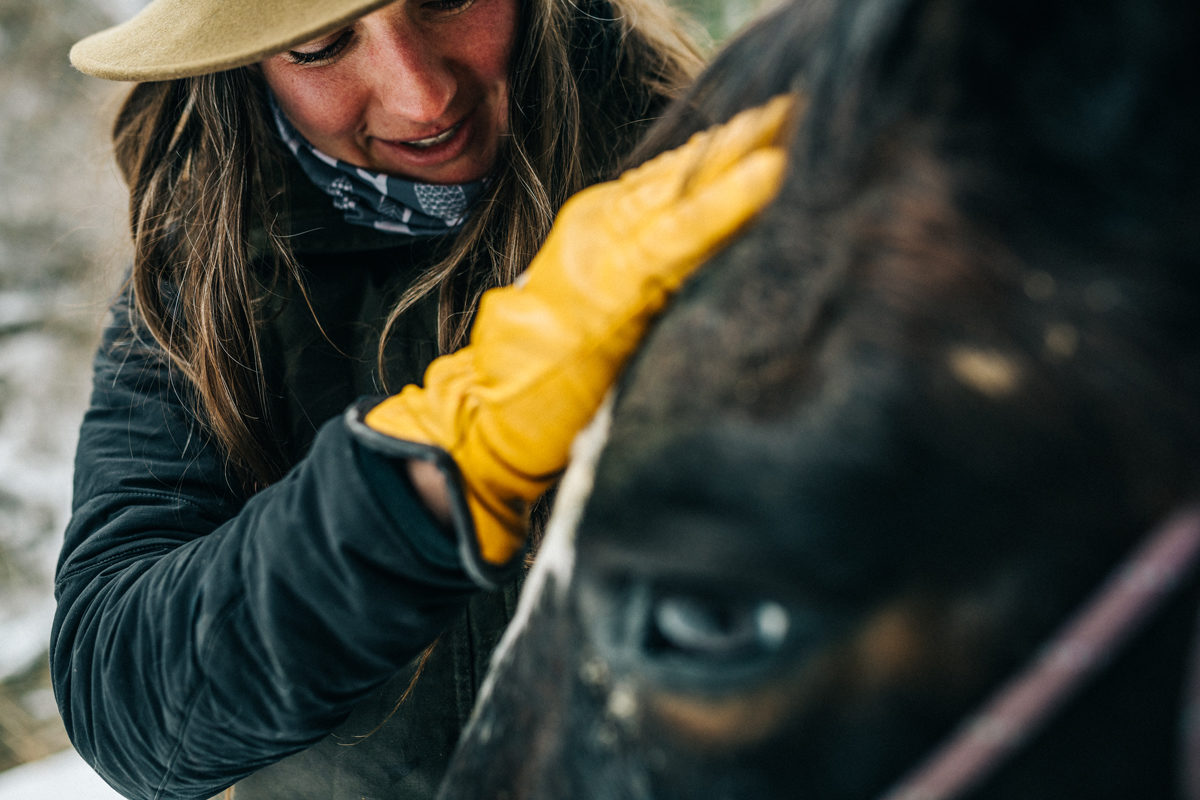
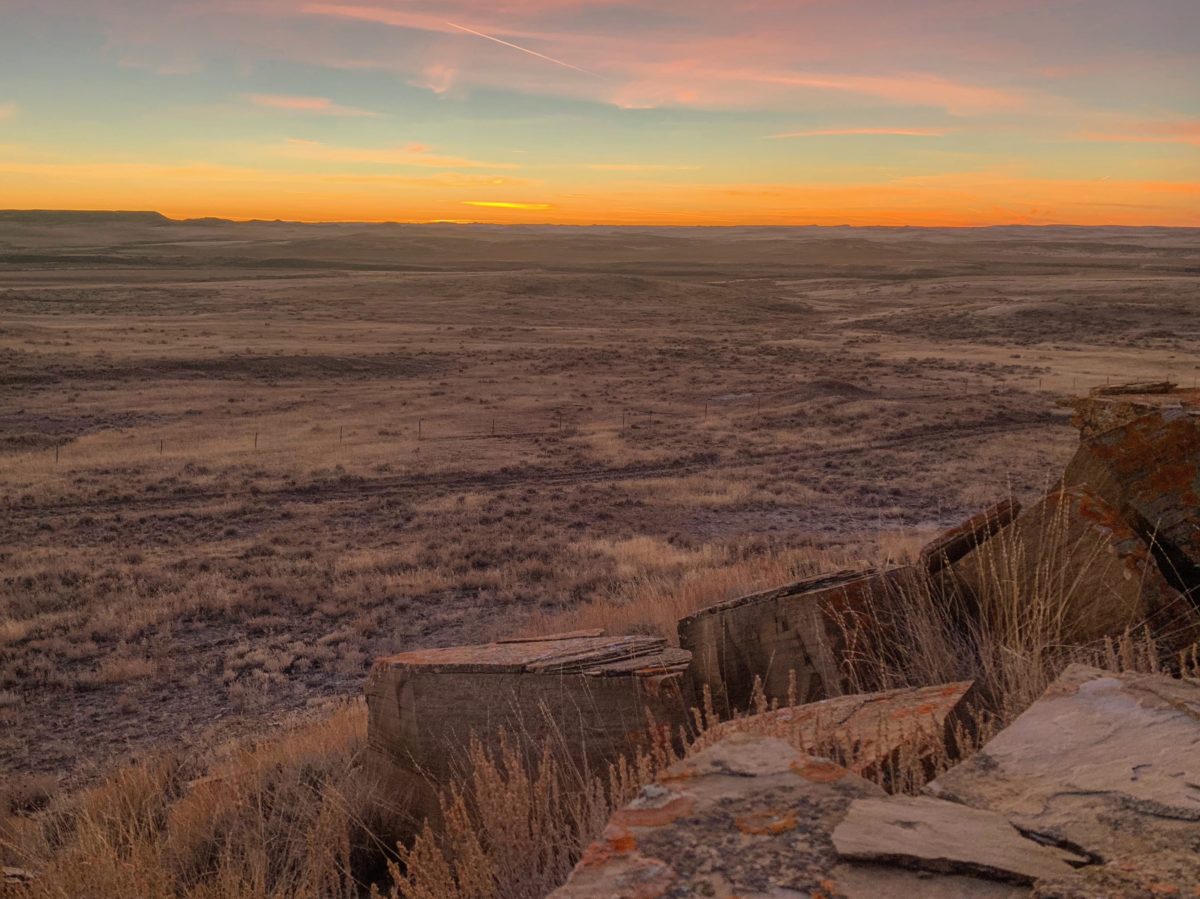
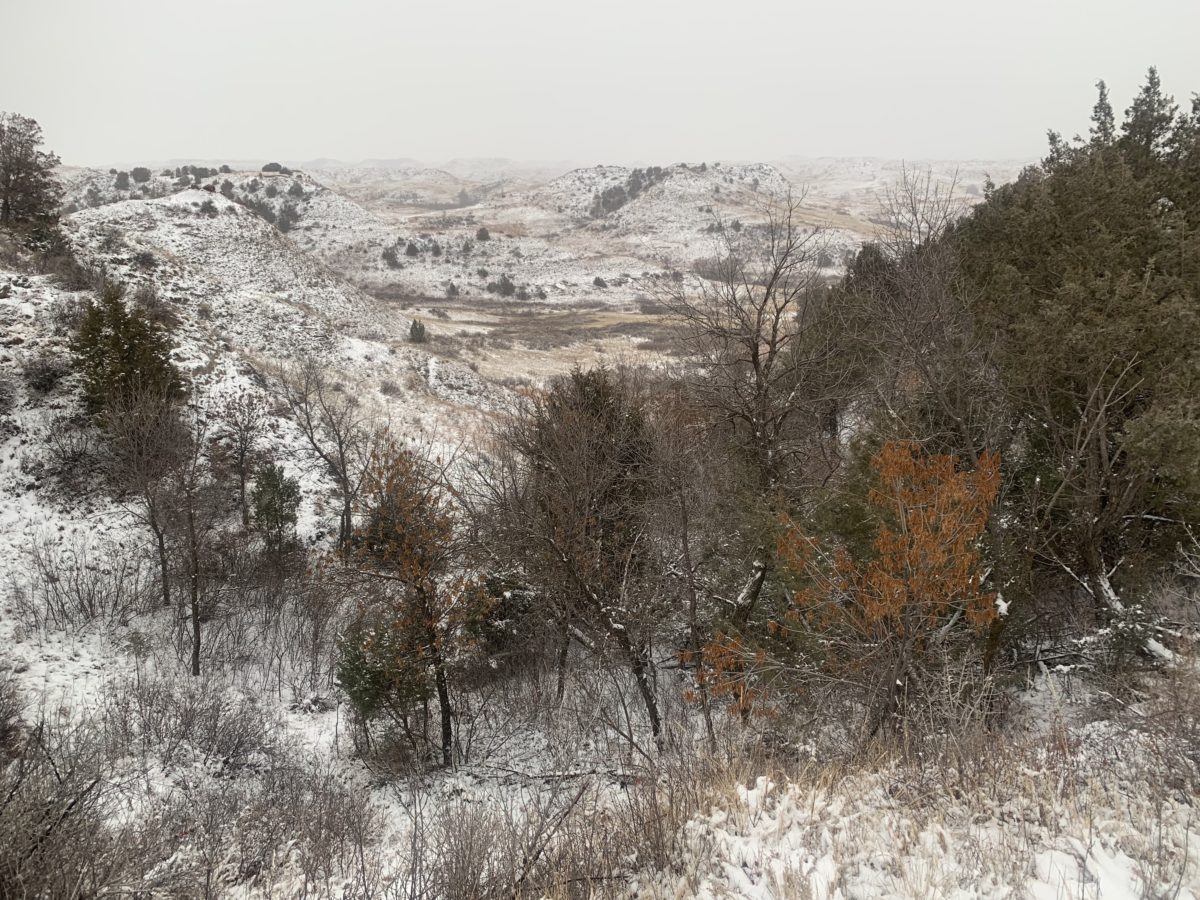
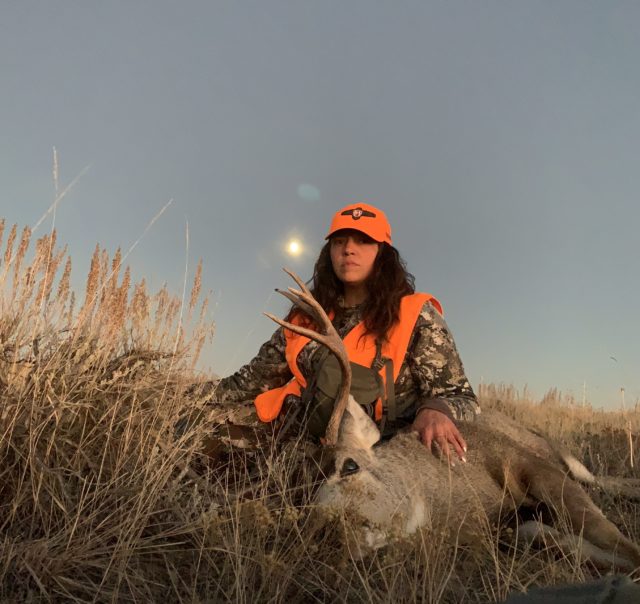




It’s been a run of tough news and never ending and seemingly increasing threats to our public lands and wildlife. Suddenly, not just good news but great news! A big heartfelt thank you and good job to all of you who’ve worked so hard in jobs that rarely bare such fruit. Celebrate! You deserve it. Then, please if you don’t mind, get back to work. It never ends and we, our lands, and wildlife need you today more than yesterday and tomorrow…Great Job!
A vital opportunity for rural economies and a great opportunity for sportsmen to contribute to that often neglected part of our geography. Please support this critical bill to Mr President.
BP
Please sign